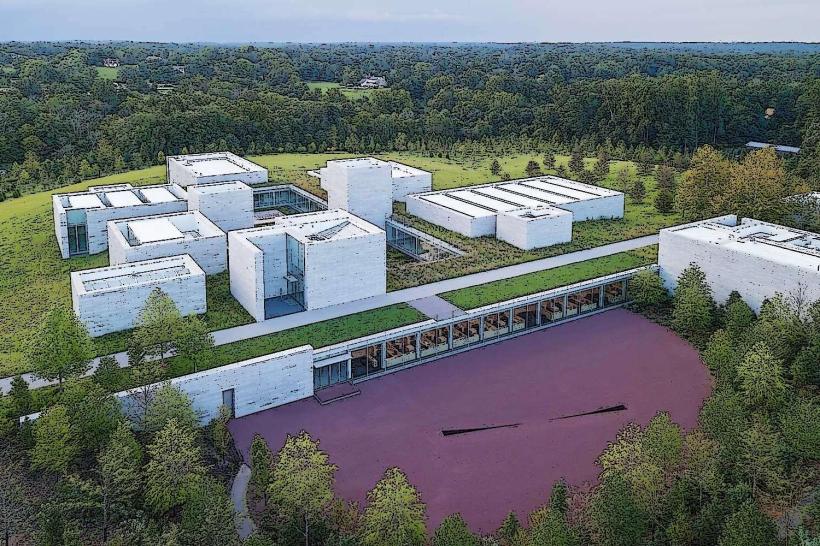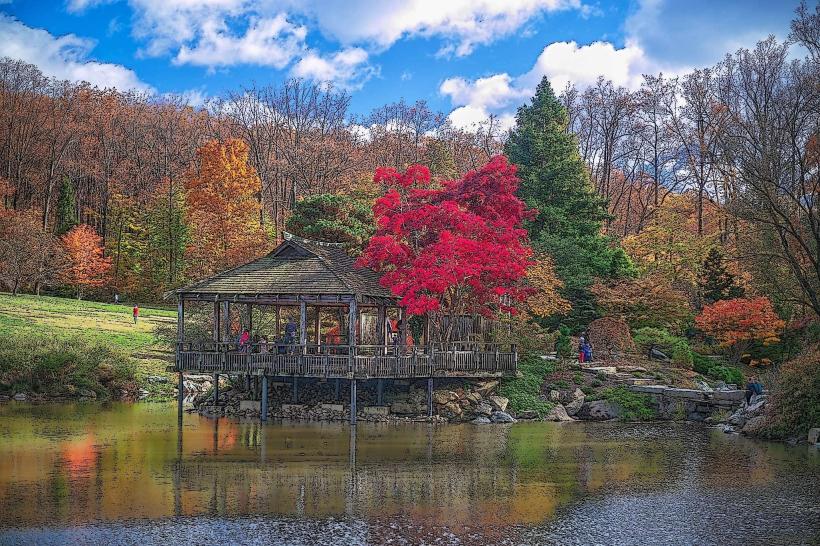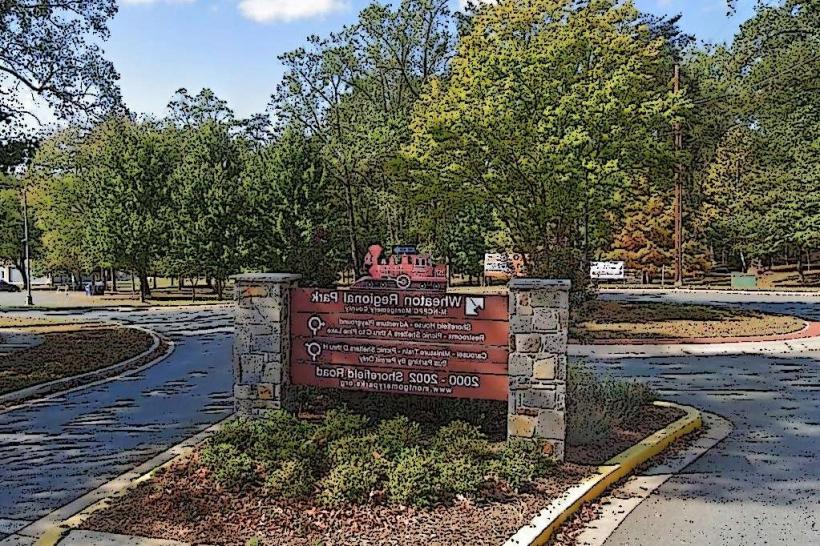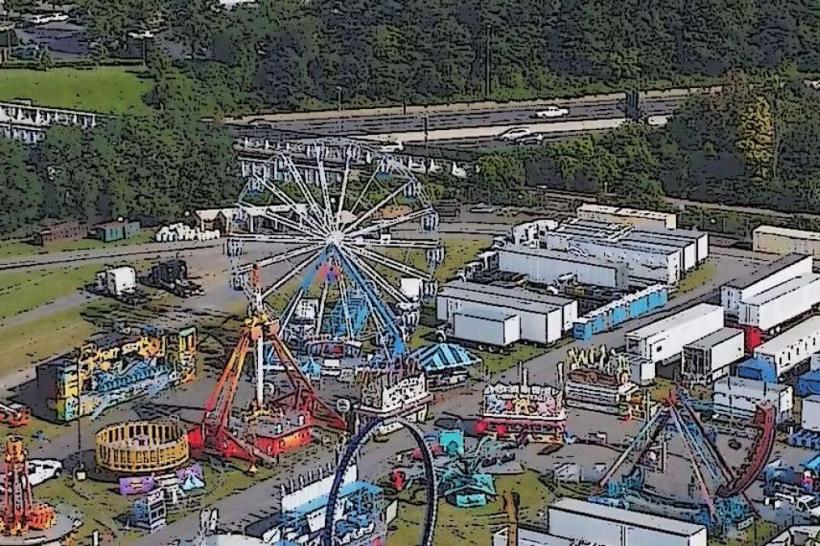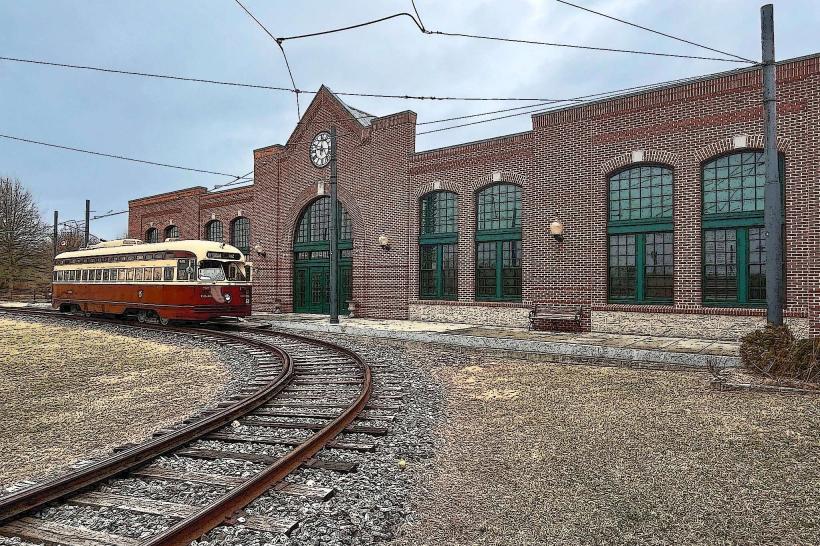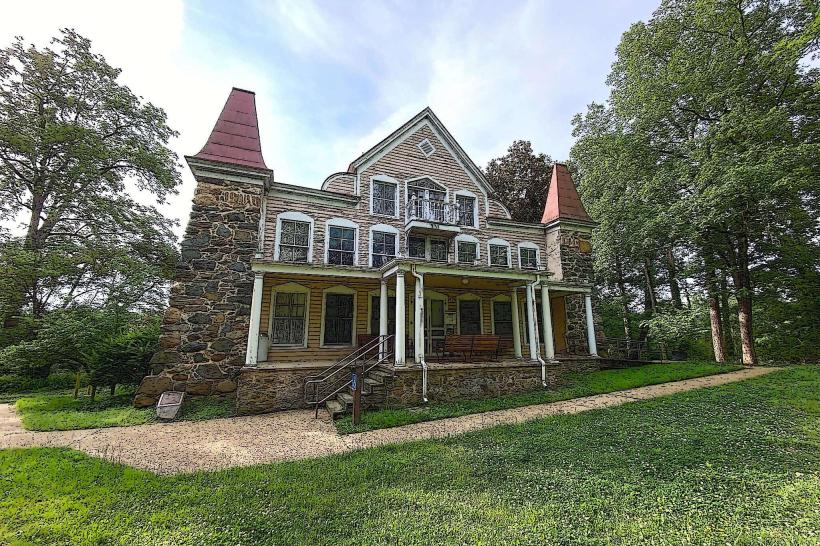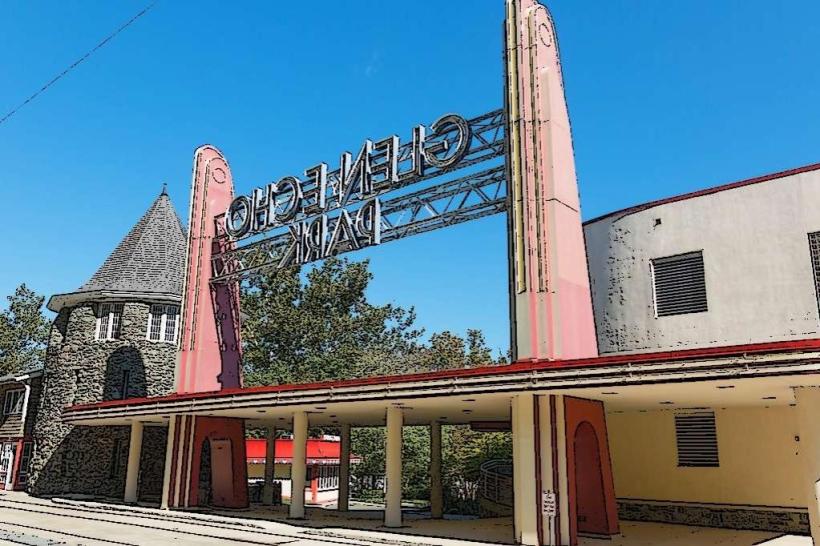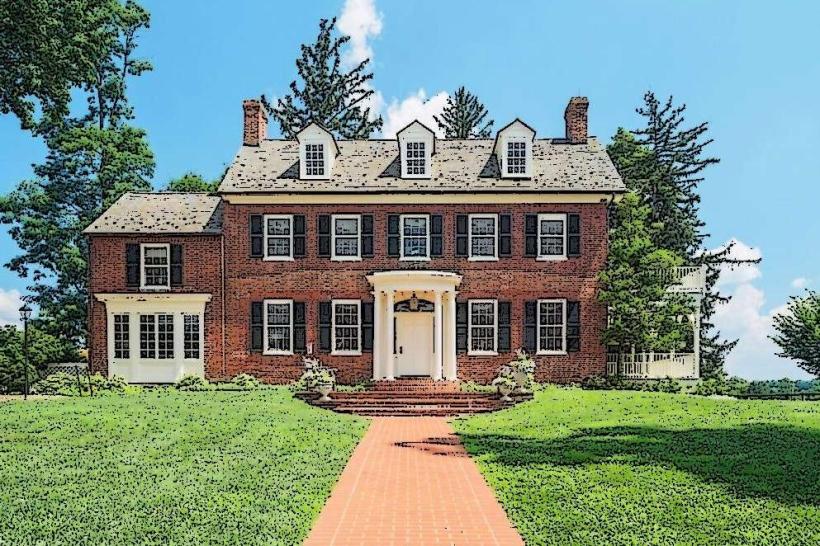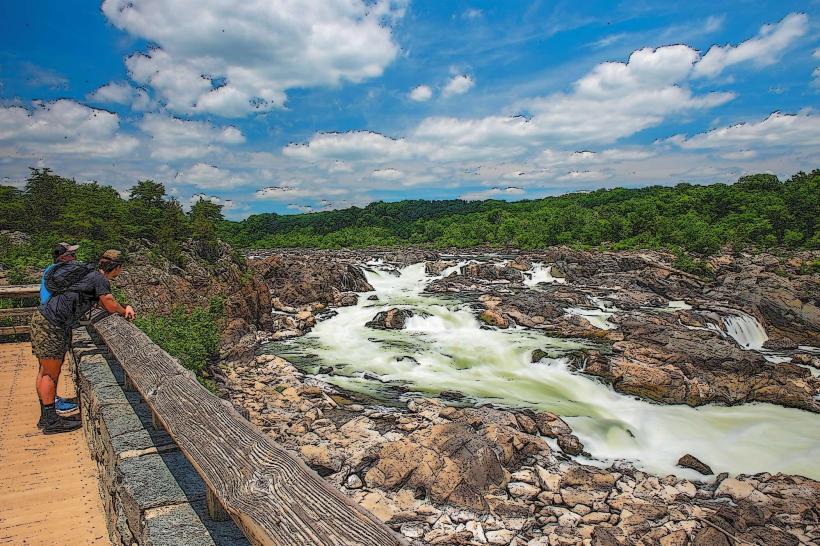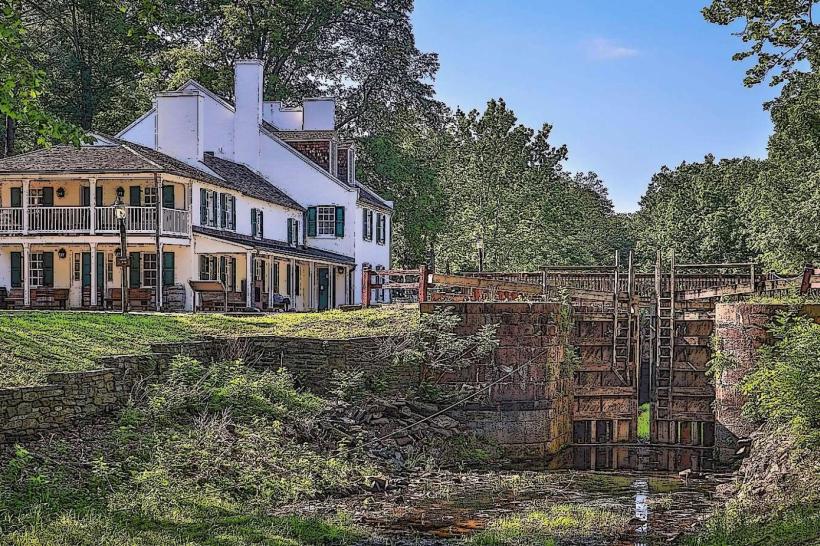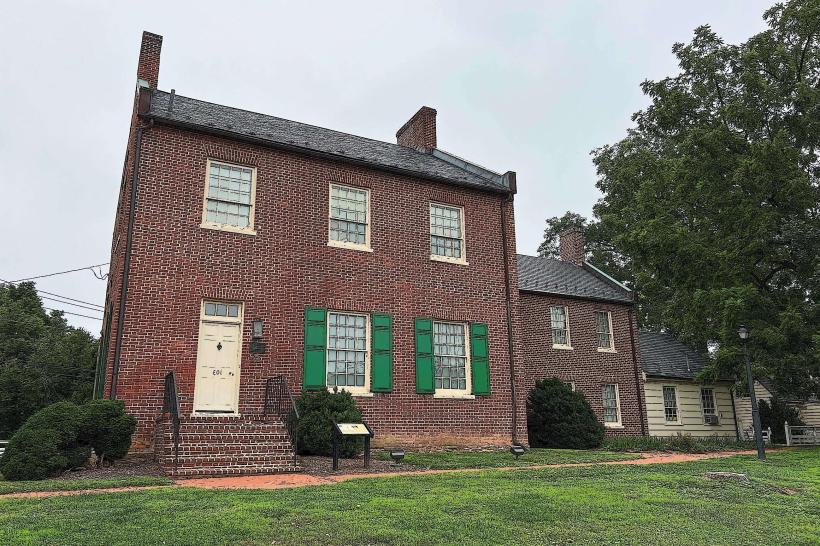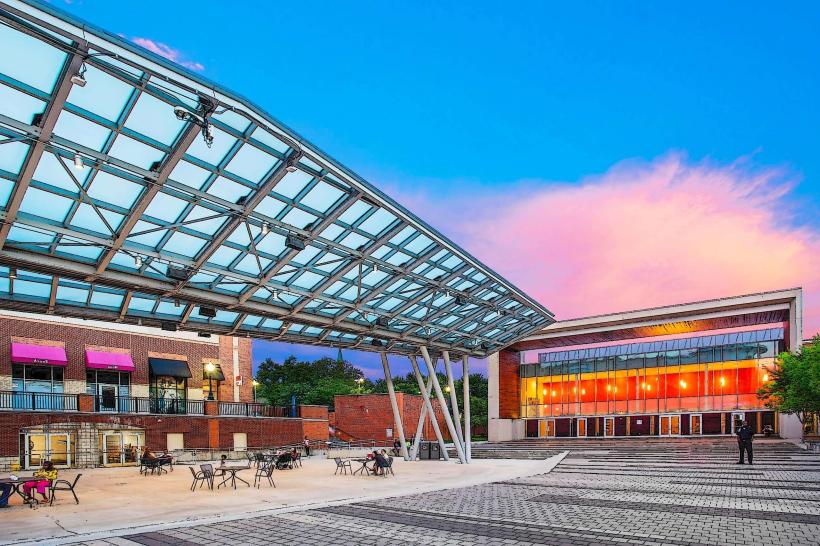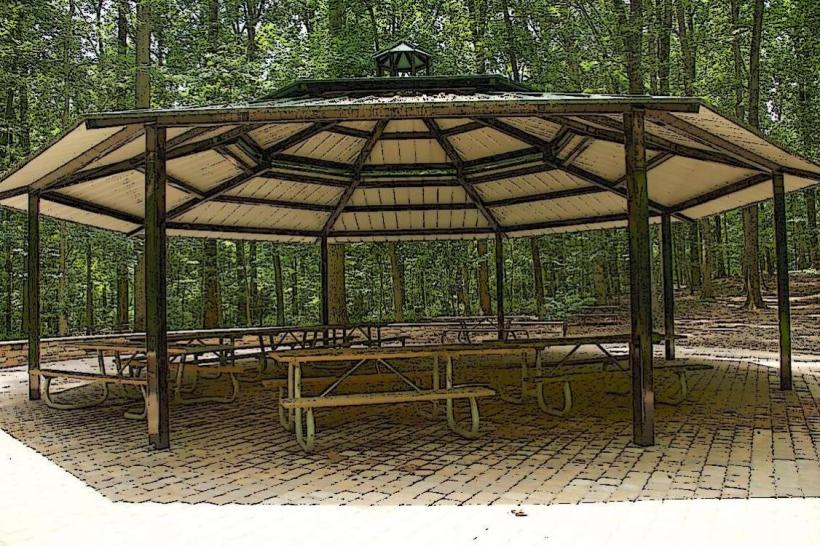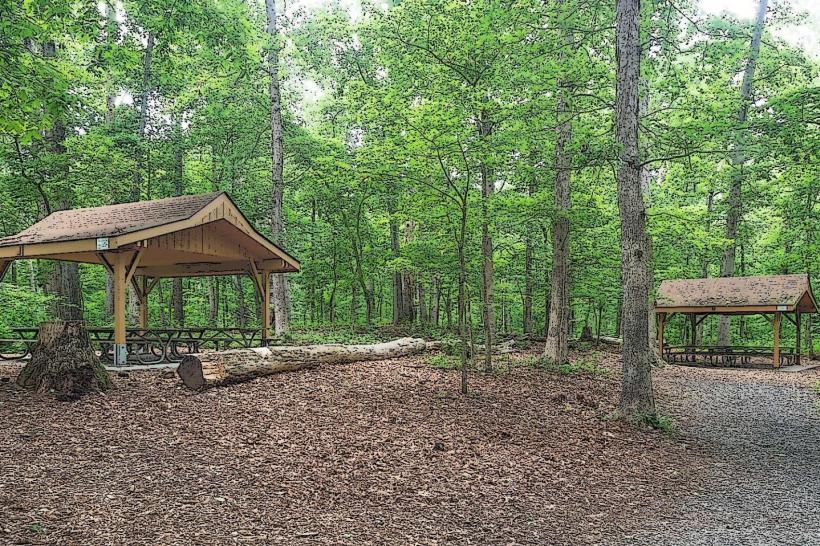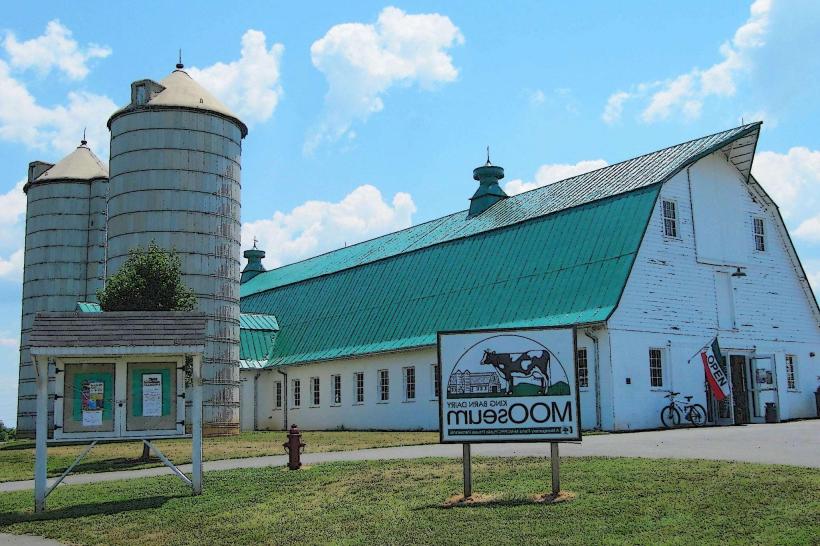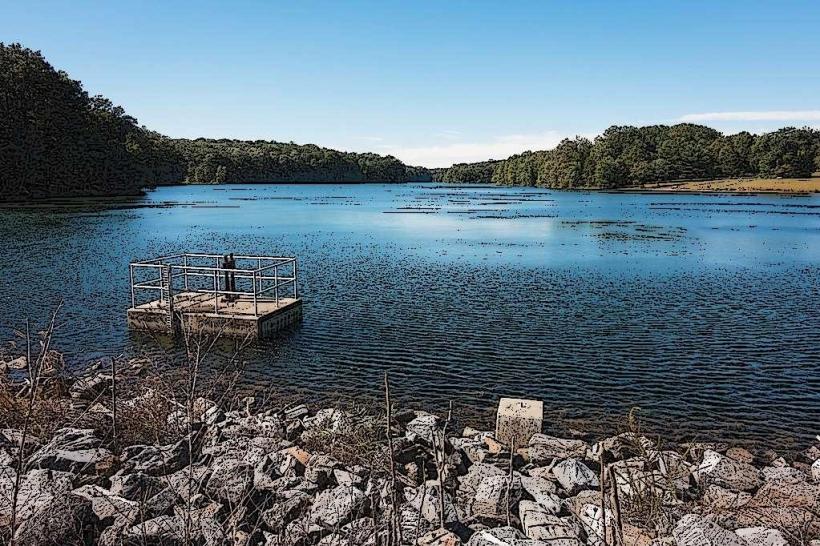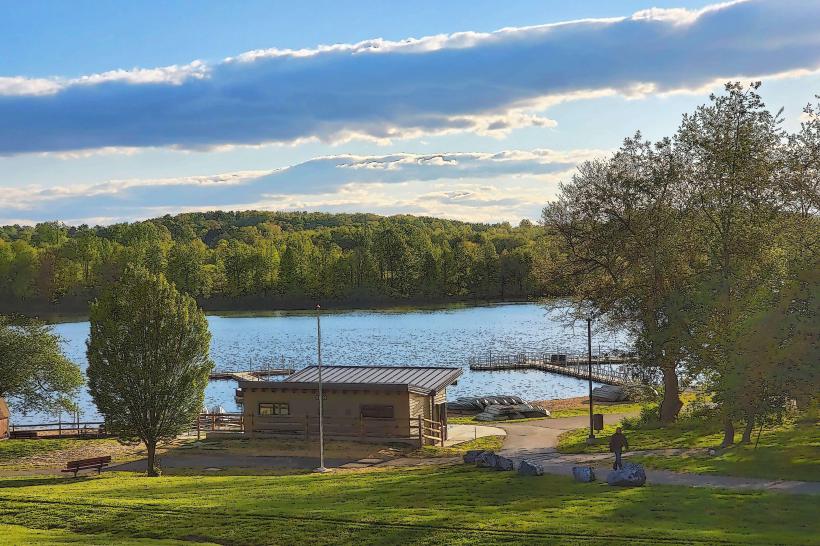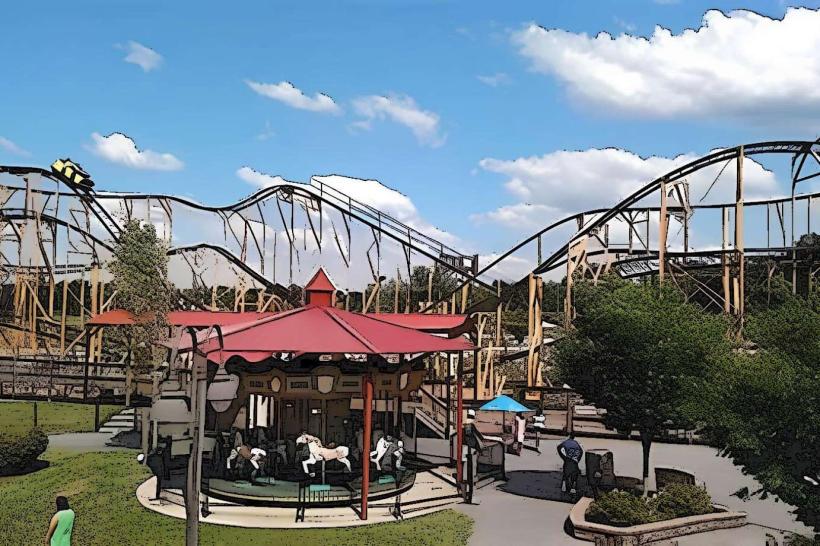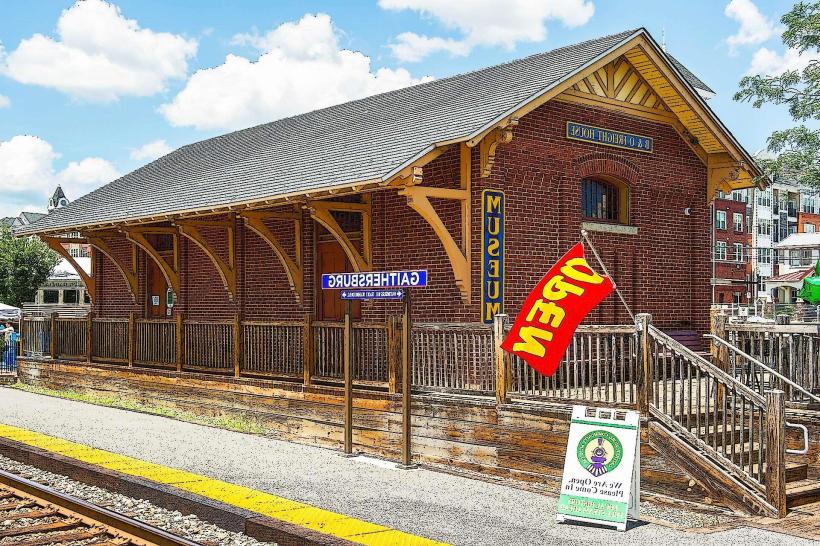Information
Landmark: Josiah Henson MuseumCity: Montgomery County
Country: USA Maryland
Continent: North America
Josiah Henson Museum, Montgomery County, USA Maryland, North America
The Josiah Henson Museum is a historical site located in Montgomery County, Maryland, USA. It preserves the former plantation home of Josiah Henson.
Visual Characteristics
The museum is housed in a reconstructed 19th-century log cabin. The structure features rough-hewn logs, a steeply pitched gable roof covered in asphalt shingles, and a stone foundation. The exterior is unpainted, allowing the natural wood grain to be visible. A small, attached shed serves as an auxiliary exhibit space.
Location & Access Logistics
The museum is situated at 11410 Old Georgetown Road, Rockville, MD 20852. It is approximately 15 miles northwest of Washington D.C. Access is via Old Georgetown Road (MD 187). Parking is available on-site in a designated gravel lot with capacity for approximately 20 vehicles. The nearest public transport is the Montgomery County Ride On Bus Route 34, with a stop at the intersection of Old Georgetown Road and Tuckerman Lane, a 0.5km walk from the museum entrance.
Historical & Ecological Origin
The original structure on this site was part of the Isaac Riley plantation, where Josiah Henson was enslaved. The current building is a reconstruction based on historical records and archaeological findings, completed in 2006. Its purpose is to interpret the life of Josiah Henson and the experiences of enslaved people in the region.
Key Highlights & Activities
Visitors can explore the reconstructed cabin, which contains exhibits detailing Henson's life and the history of the plantation. Interpretive panels provide information on the daily lives of enslaved individuals. Demonstrations of historical crafts are occasionally offered on weekends.
Infrastructure & Amenities
Restrooms are available within the main museum building. Limited shade is provided by mature oak trees surrounding the cabin. Cell phone signal (4G/5G) is generally reliable in this area. No food vendors are located on-site; the nearest facilities are in Rockville, approximately 3km away.
Best Time to Visit
For optimal lighting on the exterior of the cabin, visit between 10:00 AM and 2:00 PM. The most comfortable weather for visiting typically occurs from April to October. No specific tide requirements apply.
Facts & Legends
Josiah Henson's autobiography, "The Life of Josiah Henson, Formerly a Slave, Now an Orator for the God Against Slavery," published in 1849, served as a significant inspiration for Harriet Beecher Stowe's novel "Uncle Tom's Cabin."
Nearby Landmarks
- 0.8km Southwest: Glenview Mansion
- 1.5km Southeast: Rock Creek Park
- 3.0km Northwest: Rockville Town Center
- 4.5km East: National Capital Trolley Museum

